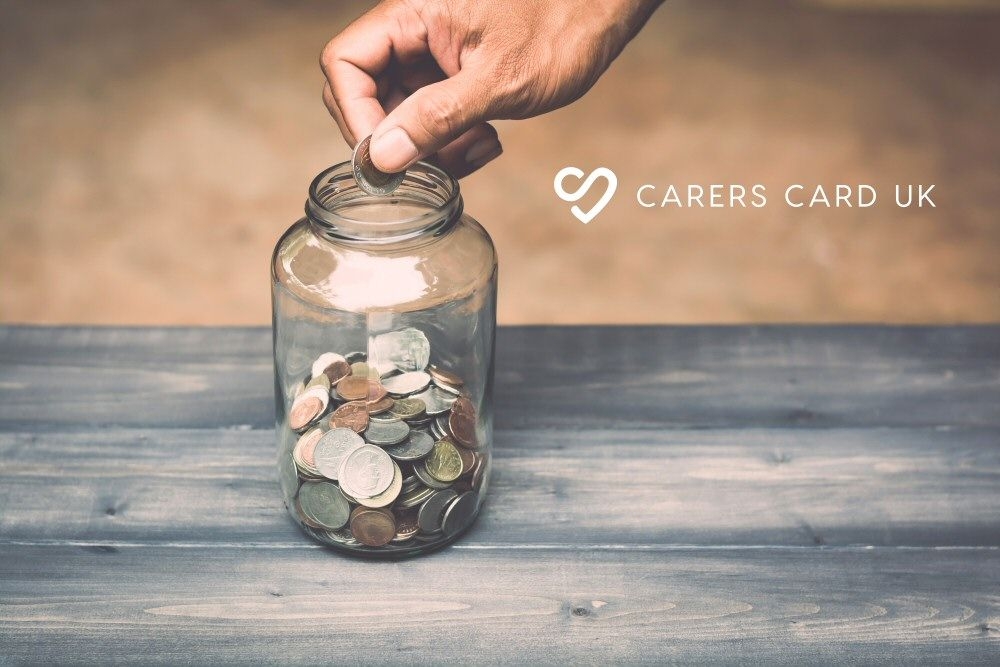1. Stick to a Cash Budget
One of the simplest ways to manage your spending is by setting a cash budget. Withdraw a specific amount of money at the start of the week and use it for all your discretionary expenses, such as groceries, transport, or leisure activities. Once the cash is gone, you know you’ve reached your limit, preventing you from overspending.
Tip: Separate your cash into labelled envelopes for each category (e.g., food, travel, entertainment) to keep things organised and avoid mixing up funds.
2. Track Your Spending Visually
When you pay with coins and notes, you can physically see how much money you’re spending and how much you have left. This tangible method makes it easier to stay aware of your expenses compared to using a card, where transactions can feel less immediate. Watching your cash dwindle can encourage you to think twice about unnecessary purchases.
Tip: Keep your receipts and review them at the end of the week to identify patterns and areas where you can cut back.
3. Avoid Impulse Purchases
Using cash can help you avoid impulse purchases, as you’re less likely to part with physical money compared to tapping your card. Before heading to the shops, decide how much cash to bring based on your shopping list. Without access to additional funds via a card, you’ll be more focused on buying only what you truly need.
Tip: Leave your card at home when running errands to remove the temptation of spending beyond your cash allowance.
4. Save Change for a Rainy Day
Paying with cash often leaves you with loose change, which can quickly add up over time. Start a change jar where you deposit any coins left at the end of the day. Over weeks or months, this small habit can result in a significant amount of savings that can be used for unexpected expenses or a little treat for yourself.
Tip: Once your jar is full, count the coins and deposit them into a savings account or use them for a planned purchase.
Summary and Key Takeaways
- Set a cash budget and allocate funds for different categories to control your spending.
- Track your spending visually by using physical money and reviewing your cash flow weekly.
- Reduce impulse purchases by limiting yourself to cash and leaving your card at home.
- Save your loose change in a jar to build up a small fund for future needs.
Switching to cash can be a simple yet effective way to manage your finances, helping carers stay on top of their spending without the risk of overspending with cards. This hands-on approach can give you a greater sense of control and confidence in managing your budget. For more money-saving tips and resources, visit CarersCardUK.

